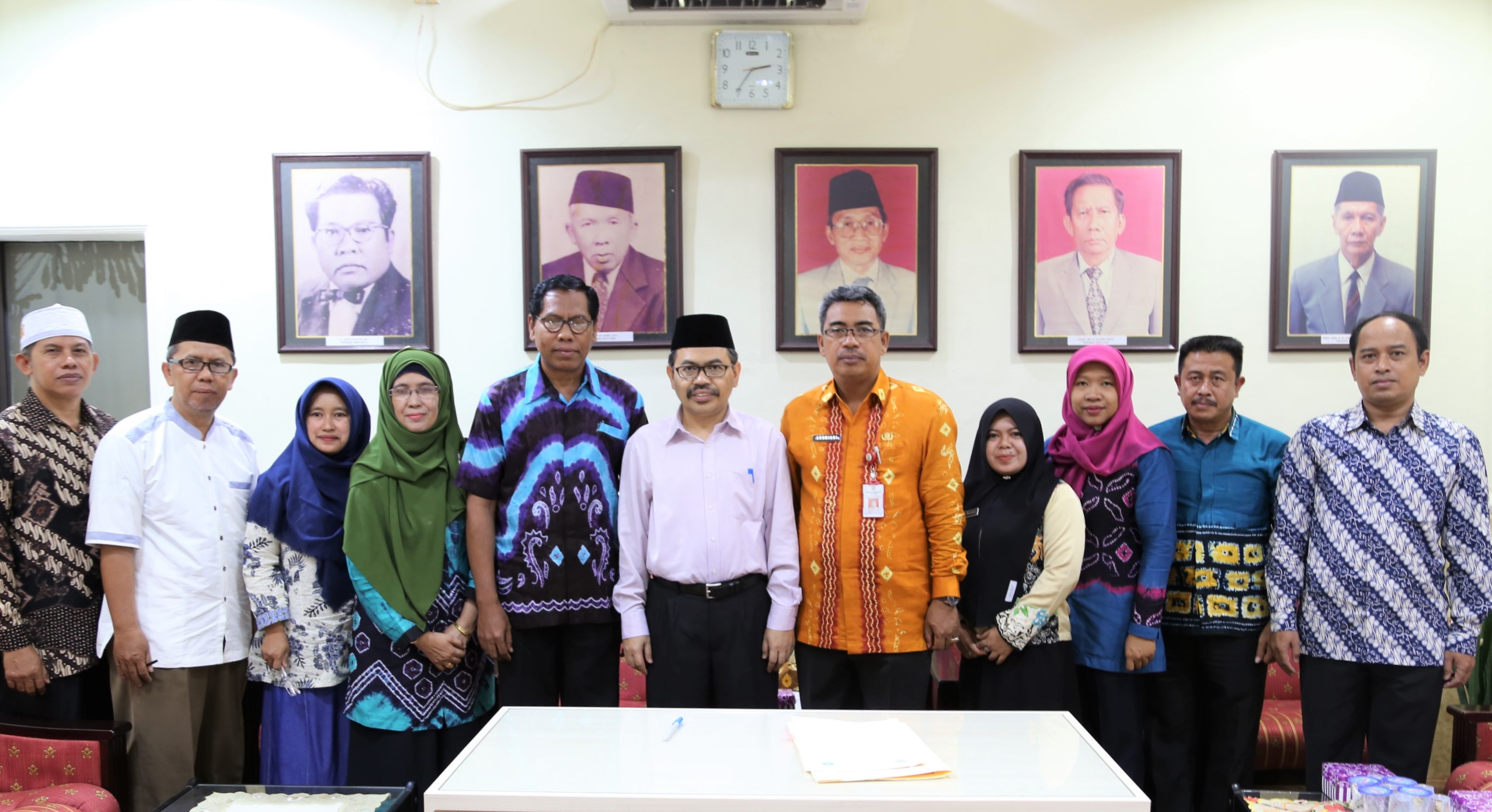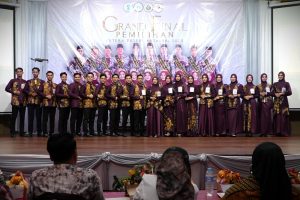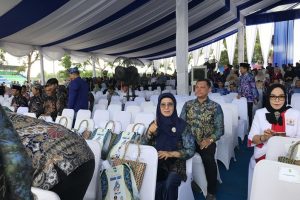
UIN Antasari Banjarmasin and Balangan Regional Government Strived Together Towards Research-Based Science and Regional Development
Tuesday (22/02/2018), UIN Antasari Banjarmasin Rector, Prof. Dr. H. Mujiburrahman, MA., signed a Memorandum of Understanding with Balangan Regional Government.
The MoU was attended by the Head of Cooperation and Institutional Department, the Head of Reseach Center, the Head of Society Service Center and the Head of Center for Gender and Children Studies of UIN Antasari Banjarmasin.
The Head of Agency for Regional Research and Development (AIAT) of Balangan, Dr. Akhriani, S.Pd., M.AP conveyed Balangan Regional Government’s expectation that every policy should be based on research or that it should be discussed thoroughly through Focus Group Discussion prior to decision making. “Balangan Regional Department gradually open networking with both government institutes and private institutes, either locally or nationally; UIN Antasari Banjarmasin, is one of them,” he said.
Furthermore, Akhriani declared that Balangan Regional Government today has bigger orientation on the human resource development in its region, that is 70% for the regional development and 30% for the infrastructure upgrading. “Our vision is to Establish Developed and Prosperous Balangan through the Human Resource Development,” he continued.
In this opportunity, UIN Antasari Banjarmasin Rector, Prof. Dr. H. Mujibrrahman, MA., expressed his deepest respect towards the vision. “Strategic policies that have significant effects to the society must be based on deep and trustful research. In UIN Antasari Banjarmasin, we have 1 diploma program, 27 undergraduate majors, 6 graduate majors, and 2 majors in post-graduate study; there are focusing on diverse diciplines, such as society, religion, education, and science,” explained Mujib.
For the time being, the cooperation between Balangan regional government and UIN Antasari cover education and social-religion fields. Later on, the cooperation may continue to all other aspects especially since the cooperation between the two institutions is not limited to certain regional working units (PR).



